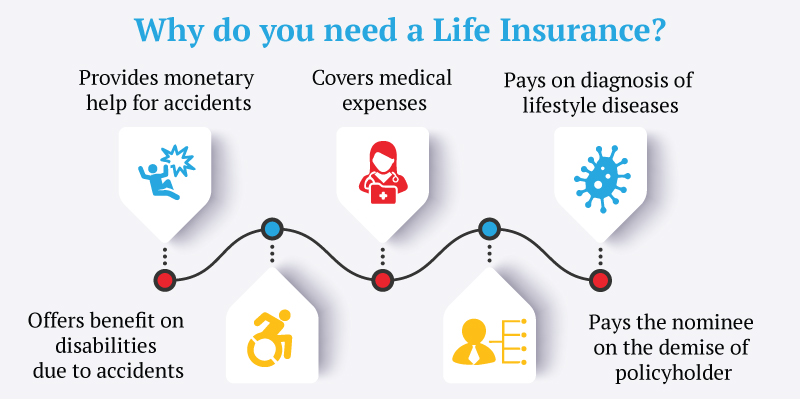Introduction
In the pursuit of economic empowerment, individuals and families strive for financial stability, which forms the cornerstone of a prosperous and secure future. One crucial aspect often overlooked is the symbiotic relationship between health insurance and financial well-being. This article explores the intricate dynamics of how health insurance plays a pivotal role in enhancing economic empowerment, providing a safety net against unforeseen healthcare expenses and fostering a foundation for sustained financial stability.

I. The Link Between Health and Wealth
A. Health as a Precursor to Economic Productivity
The well-established connection between health and wealth cannot be overstated. Healthy individuals are more likely to be productive contributors to the economy, as they tend to miss fewer workdays, are more focused, and can pursue educational and career opportunities with vigor. Conversely, untreated health issues can lead to reduced productivity, increased absenteeism, and a higher likelihood of unemployment, thereby impeding economic empowerment.
B. The Financial Toll of Uninsured Medical Expenses
Without adequate health insurance, individuals face the risk of being burdened by exorbitant medical bills. Unexpected healthcare costs can quickly escalate, draining savings and pushing families into financial distress. This creates a barrier to economic empowerment, as resources that could be invested in education, business ventures, or homeownership are diverted to cover medical expenses.
II. Health Insurance as a Financial Safeguard
A. Mitigating the Impact of Medical Emergencies
Health insurance acts as a financial safety net by mitigating the economic impact of medical emergencies. Individuals with insurance coverage are more likely to seek timely medical attention, reducing the severity and cost of treatment. This preventive approach not only safeguards health but also preserves financial resources that would otherwise be depleted in the absence of insurance.
B. Preventing Medical Bankruptcy
Medical bills are a leading cause of bankruptcy, and health insurance serves as a critical buffer against this financial catastrophe. A comprehensive insurance plan ensures that individuals are protected from overwhelming medical debt, enabling them to maintain financial stability and continue pursuing economic empowerment goals.
III. The Role of Health Insurance in Wealth Accumulation
A. Investment in Human Capital
Health insurance facilitates investment in human capital by ensuring access to preventive care, regular check-ups, and timely treatments. This, in turn, enhances an individual’s overall well-being, enabling them to actively participate in education, workforce development, and entrepreneurial ventures. Healthy individuals are better positioned to accumulate wealth over time, as they can capitalize on opportunities that contribute to economic empowerment.
B. Entrepreneurship and Innovation
Entrepreneurial endeavors often require a significant amount of risk-taking. With health insurance in place, individuals are more willing to venture into entrepreneurship without the fear of losing access to critical healthcare services. This fosters innovation and economic growth, as a healthy and insured workforce is more likely to take calculated risks that drive progress.
IV. Government Initiatives and Policy Implications
A. The Role of Public Health Programs
Government initiatives play a crucial role in expanding health insurance coverage. Programs aimed at providing affordable and accessible health insurance options contribute to the overall well-being of the population. Examining successful models from various countries can provide insights into effective strategies for enhancing economic empowerment through comprehensive healthcare coverage.
B. Policy Implications for Economic Empowerment
Policymakers have the responsibility to enact measures that strengthen the nexus between health insurance and economic empowerment. This includes designing policies that incentivize employers to offer health insurance, expanding Medicaid programs, and fostering competition among insurance providers to drive down costs. Moreover, exploring innovative policy solutions, such as health savings accounts and wellness incentives, can further enhance the financial stability of individuals and families.
Conclusion
In conclusion, the relationship between health insurance and economic empowerment is profound and multifaceted. As individuals strive for financial stability, a robust health insurance system emerges as a cornerstone for achieving this goal. By mitigating the financial impact of medical emergencies, preventing medical bankruptcy, and facilitating wealth accumulation through investment in human capital and entrepreneurship, health insurance becomes an indispensable tool for fostering economic empowerment. Governments and policymakers must recognize this symbiosis and actively work towards creating a healthcare landscape that ensures the well-being and financial stability of their populations. Only through such comprehensive efforts can societies truly empower individuals to reach their economic aspirations.
